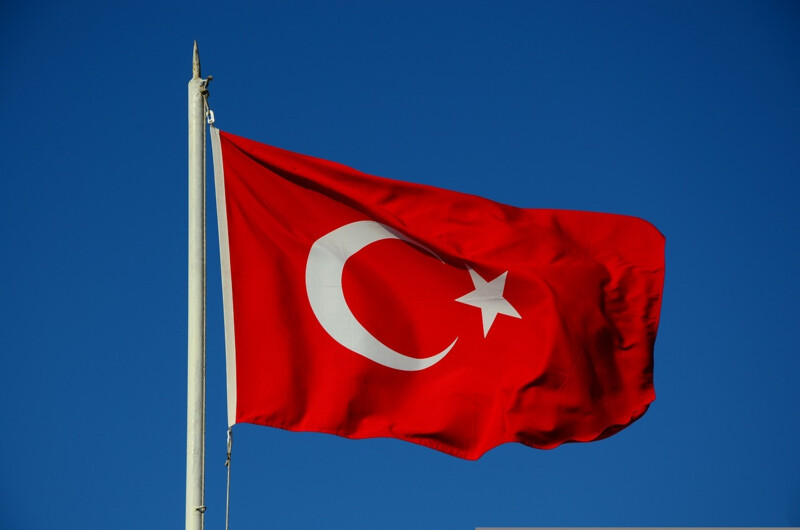Les banques turques Isbank et Denizbank ont déclaré lundi 19 septembre qu’elles suspendaient l’utilisation des cartes bancaires russes MIR, suite à une mise en garde du Trésor américain. Au mois d’août, le président Recep Tayyip Erdogan s’était dit satisfait que les banques turques s’ouvrent davantage au réseau russe de cartes de paiement.
Le recours au système de paiement MIR pour contourner les sanctions américaines
Dès le début de l’invasion russe en Ukraine, les géants américains des paiements American Express, Mastercard et Visa ont suspendu leurs opérations en Russie. Les cartes bancaires de ces 3 sociétés émises à l’étranger ne fonctionnent plus en Russie, et les cartes russes ne peuvent plus être utilisées en dehors du pays.
En réaction, les banques russes se sont rabattues sur le système de paiement MIR, ainsi que sur UnionPay, le système de paiement chinois. En 2016, on comptait seulement 1,76 million de cartes MIR en circulation, contre 125 millions dès le 1er avril 2022.
Au total, une dizaine de pays étrangers acceptent les cartes bancaires MIR, dont la Turquie. Isbank fut, en 2019, la première banque turque à s’ouvrir à ce système de paiement, dans le but d’attirer les touristes russes.
Au premier semestre 2022, seul 1,45 million de touristes russes s’étaient rendus en Turquie, soit une affluence divisée de moitié par rapport à 2019. Pour soutenir l’économie du pays, déjà fragilisée, plusieurs banques turques ont décidé de s’aligner sur la banque Isbank, et d’accepter elles aussi les cartes bancaires MIR.
Toutefois, dès la fin du mois de juin, le Trésor américain avait mis en garde la Turquie contre le contournement des sanctions occidentales à l’encontre de la Russie.
Le rappel à l’ordre de l’Office of Foreign Assets Control
Jeudi 15 septembre, l’organisme de contrôle financier OFAC (Office of Foreign Assets Control), qui dépend du Département du Trésor des États-Unis, a réitéré sa mise en garde à l’intention des institutions financières qui souhaiteraient élargir des accords existants avec l’opérateur des cartes MIR, ou conclure de nouveaux accords.
L’utilisation du réseau de cartes bancaires MIR en dehors de la Russie pourrait permettre à Moscou, selon le Trésor des États-Unis, d’échapper aux sanctions américaines.
La réaction des banques turques ne s’est pas fait attendre : quelques jours seulement après la mise en garde des autorités américaines, deux des cinq banques du pays autorisant les paiements avec les cartes russes MIR ont annoncé faire machine arrière.
Isbank a déclaré suspendre l’utilisation du réseau de cartes bancaires MIR le temps d’évaluer les conséquences des déclarations du Trésor des États-Unis, tandis que de son côté, Denizbank s’est contentée d’annoncer la suspension sans en préciser les motifs.
Les trois autres banques turques concernées, Ziraat, Vakifbank et Halkbank, continuent quant à elles à utiliser le système de paiement russe.
